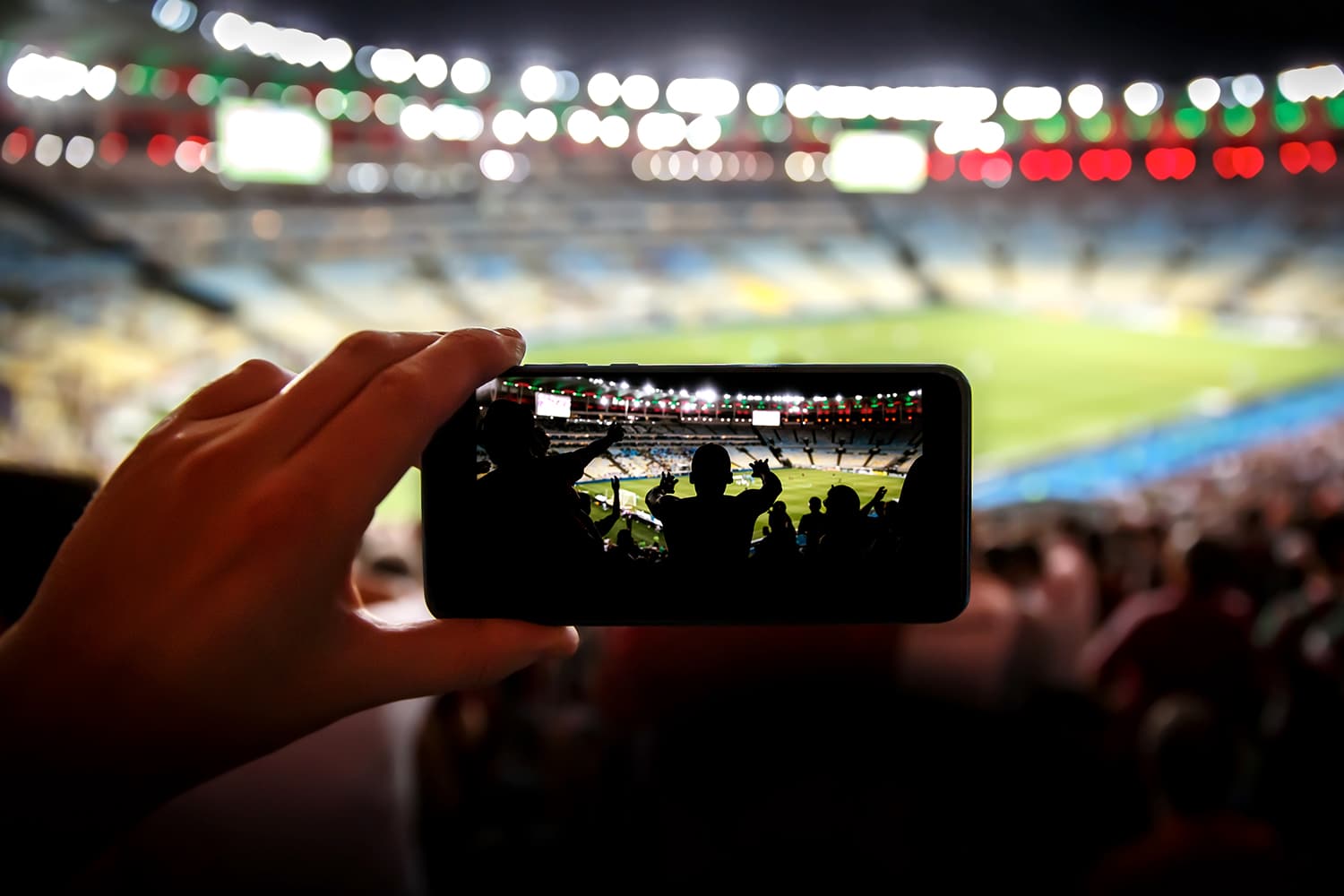Digital Marketing’s Game-Changing Impact on the Sports Industry
In an era marked by rapid technological advancements, the sports industry is undergoing a digital revolution. This article explores how digital marketing is reshaping the way teams, leagues, and sports-related businesses connect with fans, expand their reach, and grow. From harnessing artificial intelligence to embracing the burgeoning world of sports betting, particularly in areas like Virginia, digital marketing is redefining the sports business landscape.
Content Creation: Beyond the Conventional Pen
With tools like ChatGPT, Bard, and other AI-driven technologies, content creation has evolved beyond traditional means. These AI systems help in generating engaging content, personalized to the audience, creating connections with fans that were previously unimaginable. This automation in content creation has revolutionized the way sports teams and businesses communicate, reaching wider audiences with more targeted messages. AI-driven content creation isn’t just about producing articles or posts. It’s also about interactive content like quizzes, polls, and live chat bots that engage fans in real time. This interaction fosters a sense of community and belonging among fans, strengthening their connection with the team or brand.
Programmatic Advertising: Precision Targeting

Programmatic advertising allows advertisers to buy and place ads automatically, using data and algorithms to target specific audiences. In the sports industry, this ensures that the right ads reach the right fans at the right time. This level of precision is vital for brands looking to engage with specific demographics, ensuring that their marketing budget is used effectively. The power of programmatic advertising extends to real-time bidding, where ads are bought and sold in real-time auctions. This dynamic process ensures that advertisers pay the optimal price for ad space, maximizing their reach and impact. It’s a sophisticated, efficient approach that’s transforming advertising in the sports industry.
Sports Betting: Connecting with a New Audience
The legalization and growth of sports betting, particularly in regions like Virginia, have created a lucrative market for sports businesses. Offering promo codes and promotions to bettors, such as the ones from Caesars promo code Virginia, is a great example of the incentives used to attract this new audience. By integrating betting with the sports experience, leagues, and teams can expand their reach, connect with new demographics, and tap into a growing market. Sports betting isn’t just about engaging with bettors; it’s also about forming strategic partnerships and alliances with betting platforms and casinos. These collaborations enhance the sports experience, offering exclusive content, insights, and opportunities for fans to engage with the game in new ways. It’s a synergistic relationship that benefits both parties, enriching the sports ecosystem.
Digital Economy: Monetizing Fan Engagement

The digital economy has opened up new revenue streams for sports teams and leagues. Through online merchandise sales, subscription-based content, virtual ticketing, and even virtual reality experiences, teams can monetize fan engagement like never before. This shift to a digital economy has expanded opportunities for growth, turning fans into customers and enhancing the overall fan experience. In the wake of the COVID-19 pandemic, virtual experiences became essential. Virtual stadium tours, online meet-and-greets with players, and VR game experiences have brought fans closer to the action from the comfort of their homes. This shift towards virtual experiences represents a broader trend in the digital economy that is likely to continue.
Artificial Intelligence: Automation and Personalization
AI’s role in sports marketing goes beyond content creation. Tools are now available that analyze vast amounts of data to provide personalized experiences for fans. Whether it’s recommending products, tailoring content, or even predicting game outcomes, Artificial Intelligence is shaping a new era of engagement. By understanding fan behavior and preferences, sports businesses can create unique, customized experiences that foster loyalty and increase revenue. Predictive analytics powered by AI is helping sports teams optimize player performance, manage injuries, and enhance game strategies. By analyzing vast amounts of data, teams can make informed decisions that give them a competitive edge. This use of AI extends the technology’s impact beyond marketing, influencing the very core of the sports experience.
Changing the Game
Digital marketing is more than a trend; it’s a fundamental shift in the way the sports industry operates. By embracing technology, leveraging AI, engaging with new markets like sports betting, and connecting with fans on a deeper level, sports businesses are setting the stage for a future filled with possibilities. The transformation is profound, altering how we experience sports and reshaping the business landscape.




